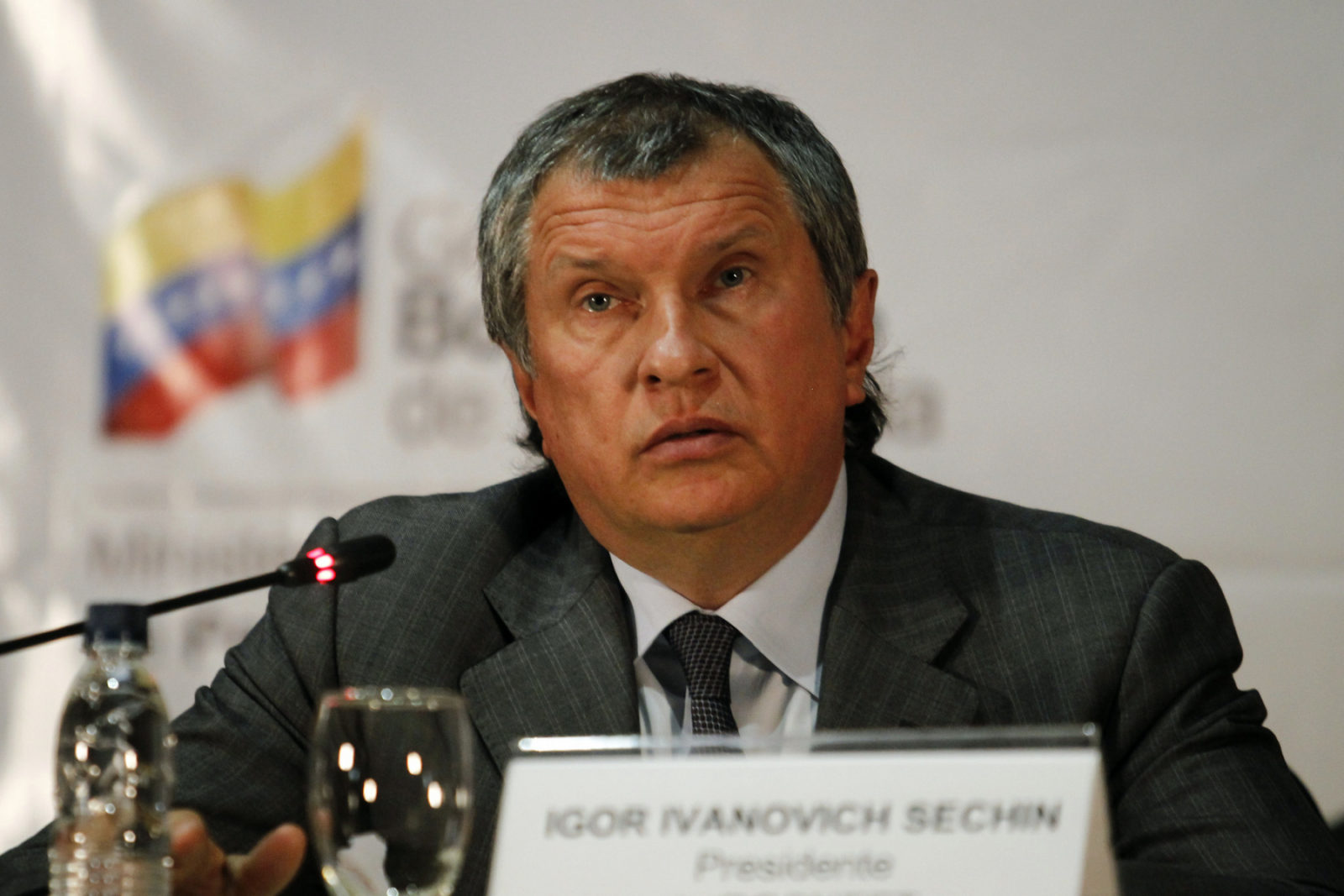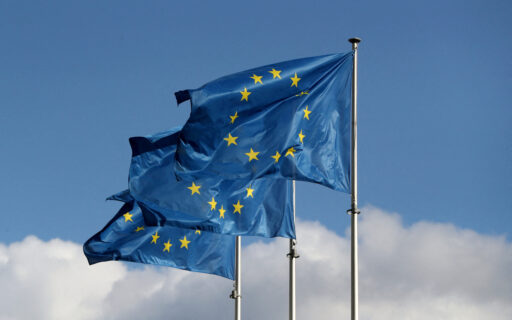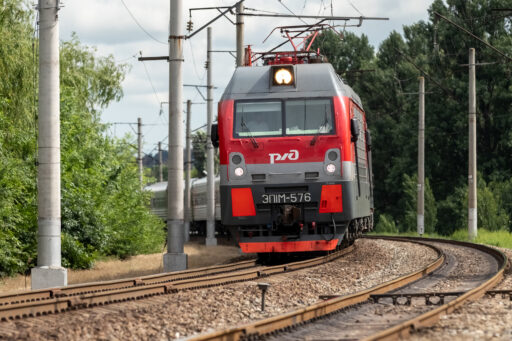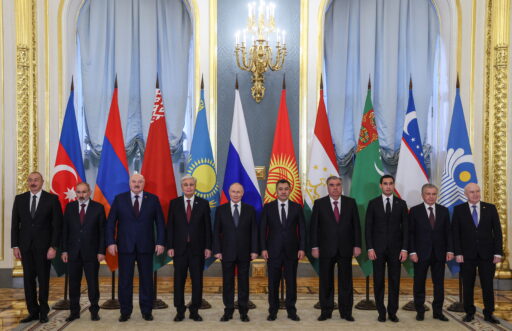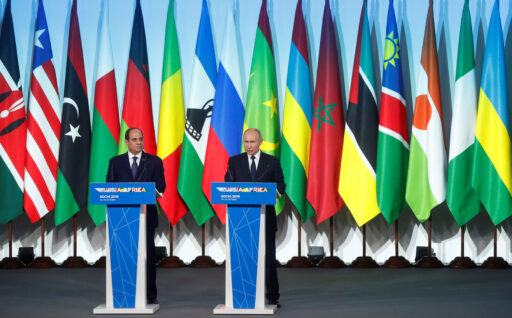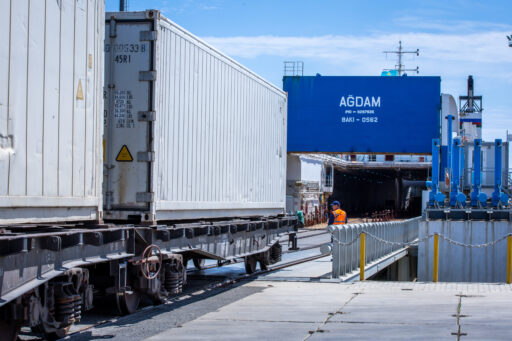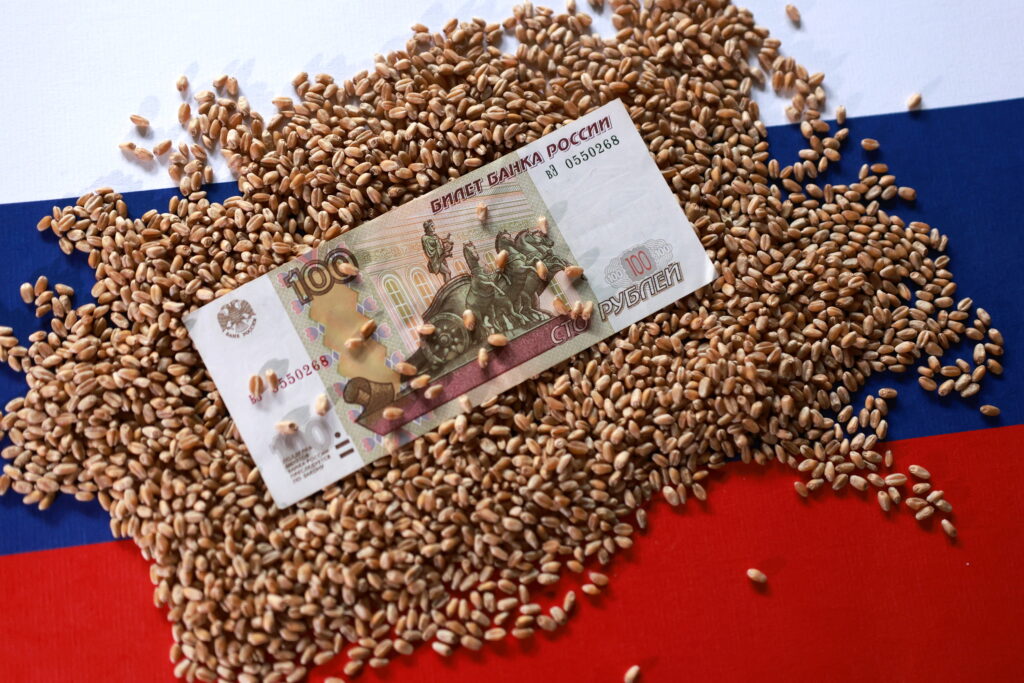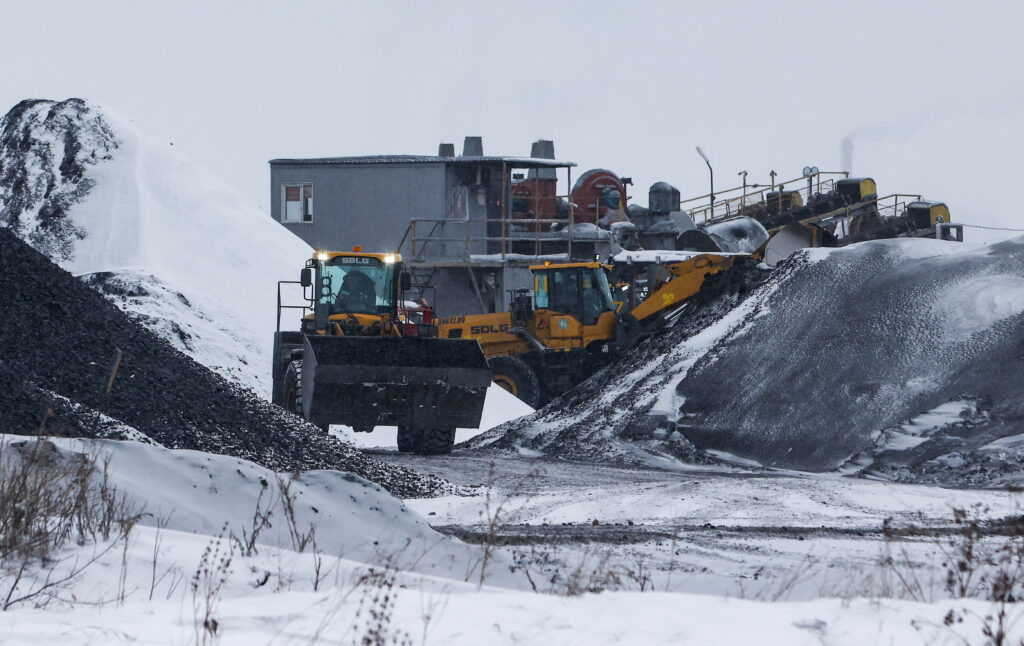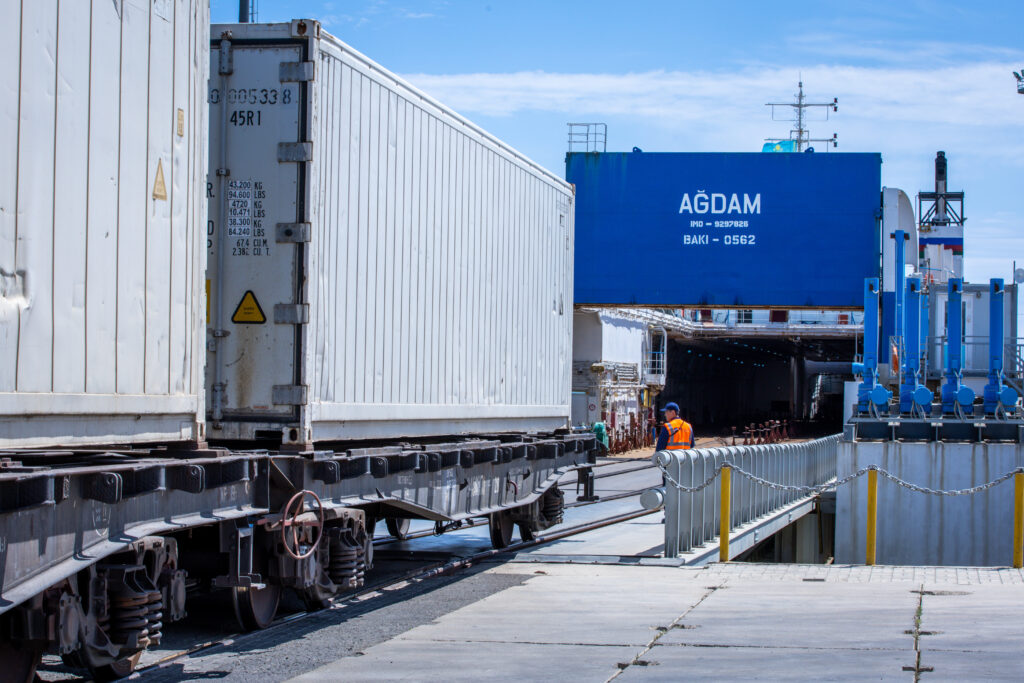“¡Hasta La Victoria Siempre!” – Until Victory Forever – those were the words, sourced from Che Guevara, which Rosneft CEO Igor Ivanovich Sechin used to eulogize the late Venezuelan president Hugo Chavez. Speaking in 2014, Sechin had many successful victories in Venezuela to point to in the six years since he had been named to the head of the High-Level Russian-Venezuelan Intergovernmental Commission in 2008. He clearly expected more.
Under Chavez’s successor, Nicolas Maduro, the continued existence of the Bolivarian regime that Chavez established is now in question. The United States has recognized opposition leader Juan Guiado, head of the National Assembly that Maduro has tried to replace, as acting president. Venezuela’s gold holdings in Britain are beyond Maduro’s reach. Defections from the regime have begun, raising the risk they could speed up as international pressure on Caracas rises.
This situation today is a stark change from 2008. That was when Sechin led a series of meetings in Moscow and Caracas aimed at bringing the two countries closer together. It was a remarkably successful venture. Sechin’s rise to being seen as the second-most powerful man in Russia, and one of the most powerful individuals in the global oil market, can be traced to the same period.
Back then, Dmitry Medvedev and the Kremlin’s liberal wing were seen as on the rise, at the expense of Sechin and others from the so-called ‘siloviki’ faction. With Medvedev’s ascendancy to the presidency, it is clear now that Sechin was playing the long game. As he moved from his post as President Vladimir Putin’s deputy chief of staff to one of the deputy prime ministerships under Putin, he remained chairman of Rosneft, a post he was first named to in 2004.
Adding the chairmanship of the High-Level Russian-Venezuelan Intergovernmental Commission to his resume initially attracted little attention. It is now clear that he had great plans for the relationship.
In 2009 Sechin hailed the country’s plans to deepen ties following a visit by Chavez to St. Petersburg. He announced the creation of a Russian-Venezuelan consortium to tap the Orinoco river basin’s oil reserves. The Venezuelan oil market was his real aim. The initial cost estimate Sechin gave – some $30 billion dollars – was clearly of little concern. In case it was to others, Sechin moved to set up a bank co-owned by the two governments. It would result in the creation of Evrofinance Mosnarbank.
The Kremlin had already been selling large amounts of weapons to Venezuela. But after Sechin began to oversee the relationship, it saw a flurry of further sales. Other economic and business ties also flourished thereafter. Not only Rosneft piled into the Venezuelan market. So too did Gazprombank et al, apparently under the protection provided by the Kremlin’s deepening friendship with Venezuela.
In 2010, Chaves announced he had secured $4 billion in credit from Russia for arms purchases. A deal for Rosatom to build a nuclear power plant was inked as well. By 2011 the bank Sechin had proposed only three years earlier replaced the world’s leading bulge bracket banks as the main underwriter of Venezuelan sovereign bonds. The Kremlin even promised to help Venezuela develop a space industry.
The 2008 Russian-Georgian war gave a geopolitical aura to the relationship as well. Moscow would send warships and super-sonic bombers to Caracas a month after the conflict. It was trying to promote an image of being a global superpower amid the fallout of its invasion of Georgia and threats of sanctions. Amid the ensuing attempted Russian-US reset, though, economic ties continued to develop with Venezuela.
These heady days offered Russia, and Sechin, great promise. Developing a close geopolitical relationship with a power challenging the status quo in the Americas fit with the Kremlin’s foreign policy goals. It also helped expand its presence in, and influence over, global oil markets. Sechin was proving himself to be an indispensable oil executive and energy diplomat.
When Putin returned to the presidency in 2012, Sechin was named CEO of Rosneft. He was set a task of consolidating the Russian oil sector – spending $55 billion to take over TNK-BP in 2013 and then seizing control of Bashneft in 2014-16. But he was also allowed to use the oil giant as a geopolitical tool at the same time. This strategy, initiated in Venezuela, spread to Cuba, Vietnam and then in 2016 to Qatar, Egypt and India.
By 2016 Sechin managed to throw Caracas another life line. He arranged a controversial $1.5 billion loan secured over Citgo, a US energy company that owns three major American refineries as well as key pipelines. Yet, Rosneft’s geopolitical activity has since waned. 2017 proved a turning point for such activity.
The reason for this is also found in Venezuela. The flurry of activity that Sechin pushed there had begun to crumble. All in line with Venezuela’s economic nosedive. Moscow had to restructure $3.15 billion in intergovernmental loans to finance arms sales to Caracas, with no serious repayments planned until 2023. Major corruption blighted some deals, whether they were major oil ones with Gazprombank or defense deals such as plans to build a Kalashnikov factory in Venezuela.
The nuclear power plant never came to fruition. Evrofinance Mosnarbank is up for sale. And Venezuela has no space program.
By 2017, concerns over the $6.5 billion Rosneft had loaned to Venezuela were mounting as well. In an attempt to assuage these, it began to include references to its ongoing exposure to Venezuela in its first 2018 quarterly report. Only $4 billion was still due, the report claimed
Yet in April 2018 it quietly reached a remediation plan for the loans, an acknowledgement that Caracas could not meet the scheduled repayments. Its oil production had cratered to its lowest level in decades.
The economics of the relationship had already turned negative. Last November, Sechin had to fly to Caracas to press the regime to keep up the payments restructured only a few months earlier. And further risks remain. The Venezuelan opposition has warned Russia’s loans and investments could be at risk if it comes to power. In response, the Kremlin continues to support the Maduro regime. Yet its willingness to throw good money after bad appears to have run out.
The Citgo loan may well keep Rosneft at the negotiating table as talks over Venezuela’s highly-uncertain future play out. However, this will be complicated by major new sanctions slapped on Venezuela’s oil sector by the US. A series of creditor disputes around Citgo will also muddy the waters. Sechin and the Kremlin are thus likely to look to salvage their investments in Venezuela first of all, carving out what they still can as Venezuela’s economy collapses and Maduro’s regime comes to the brink of downfall. Even Moscow’s leading tabloid has argued there is nothing the Kremlin can do to protect the regime.
